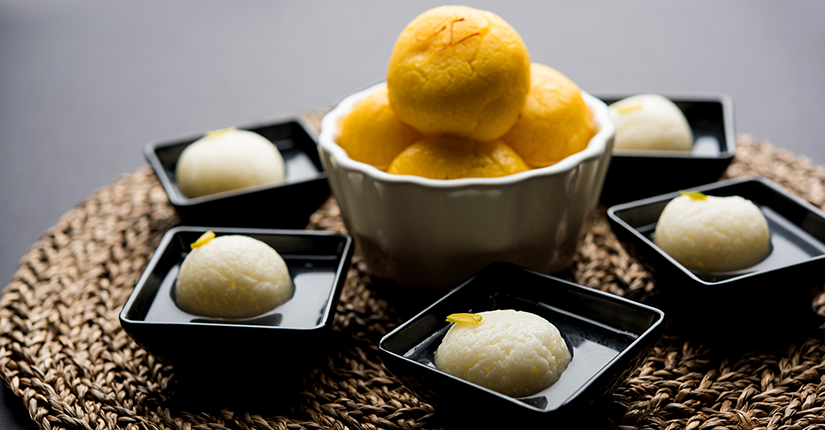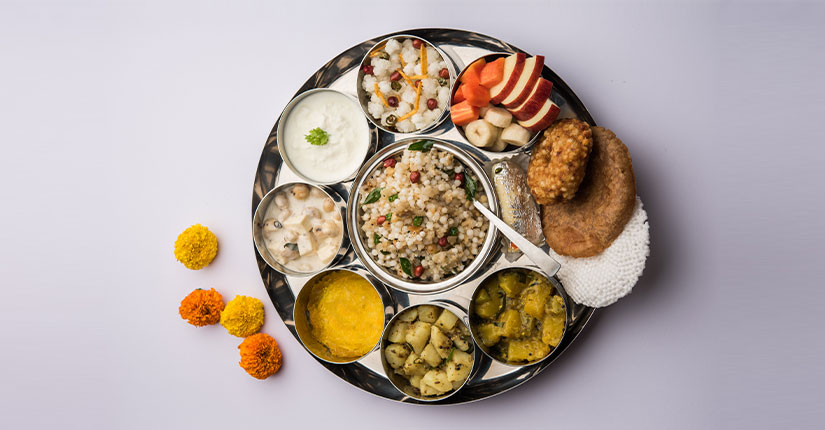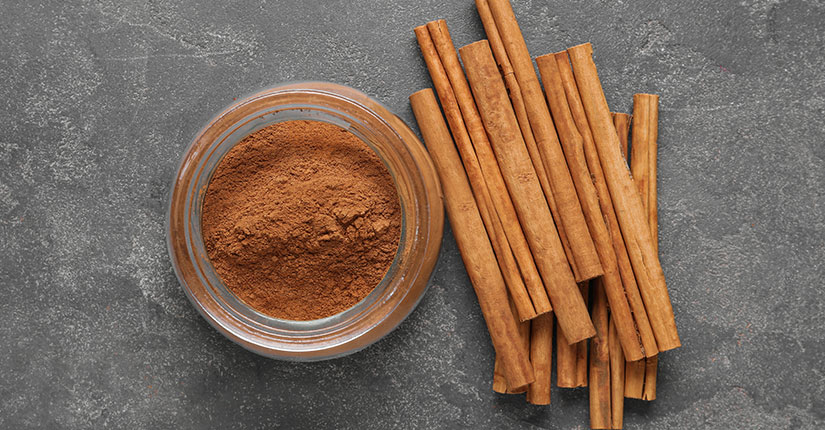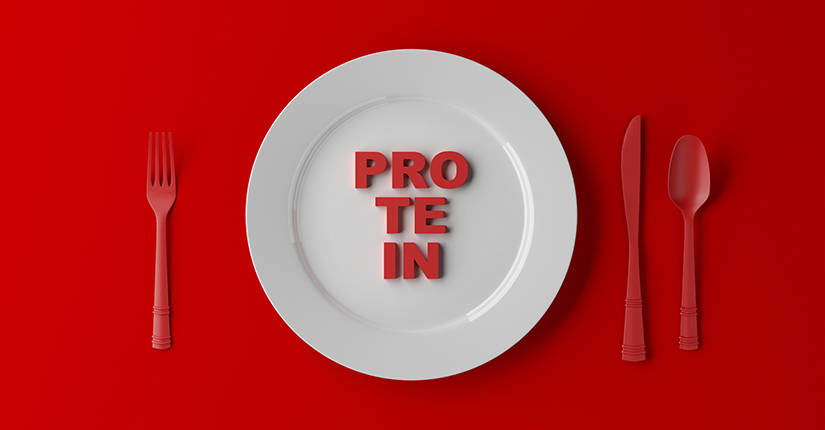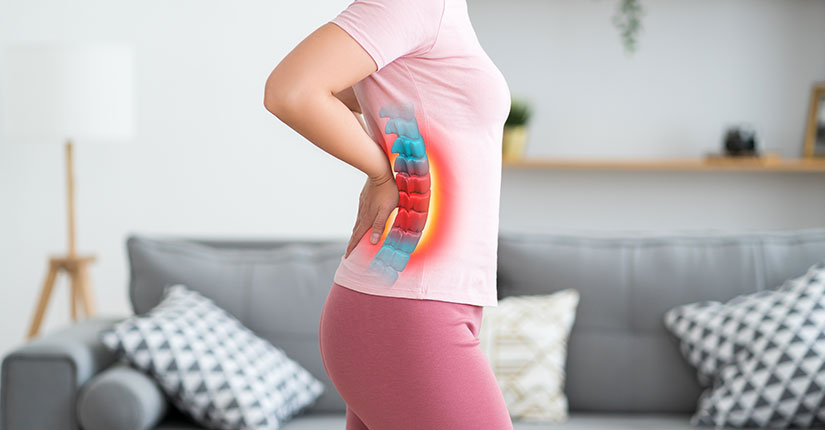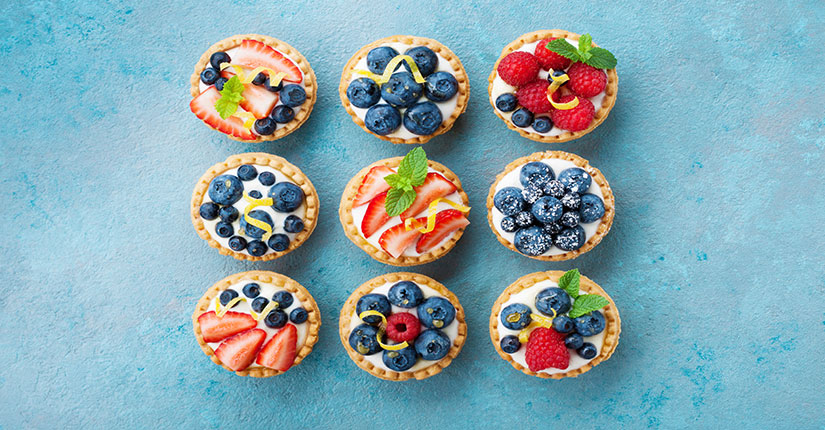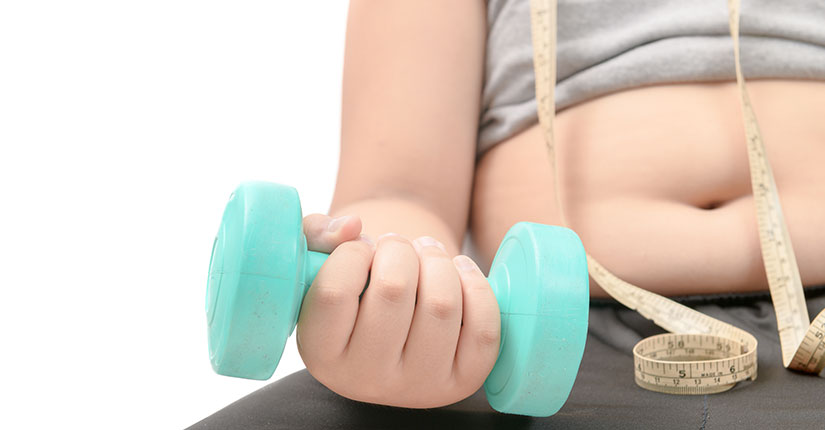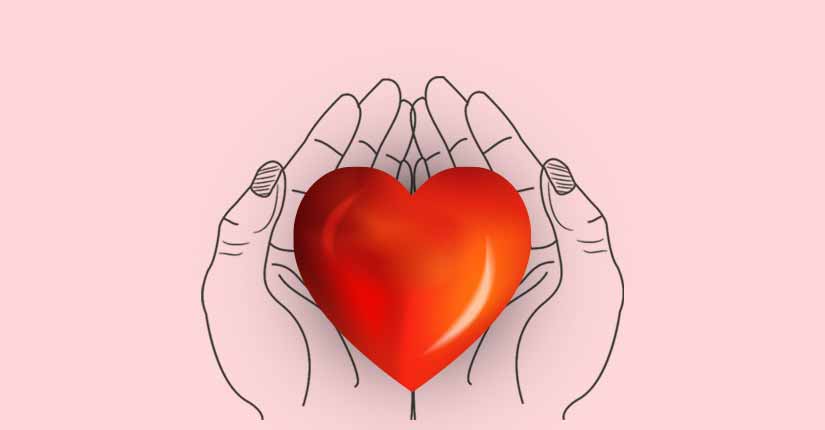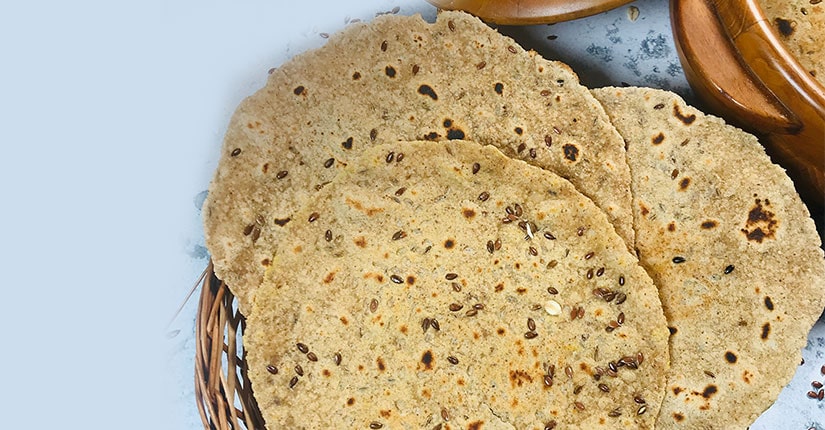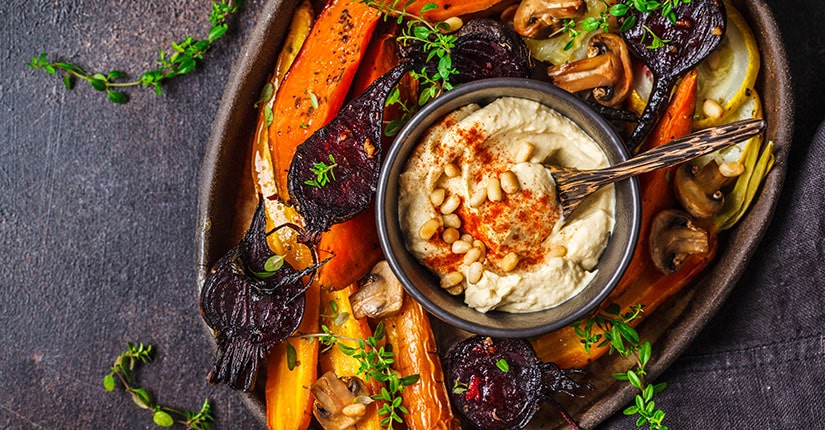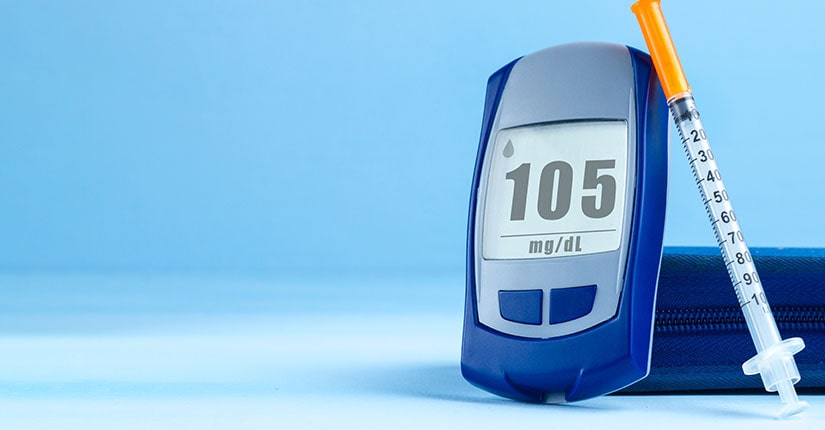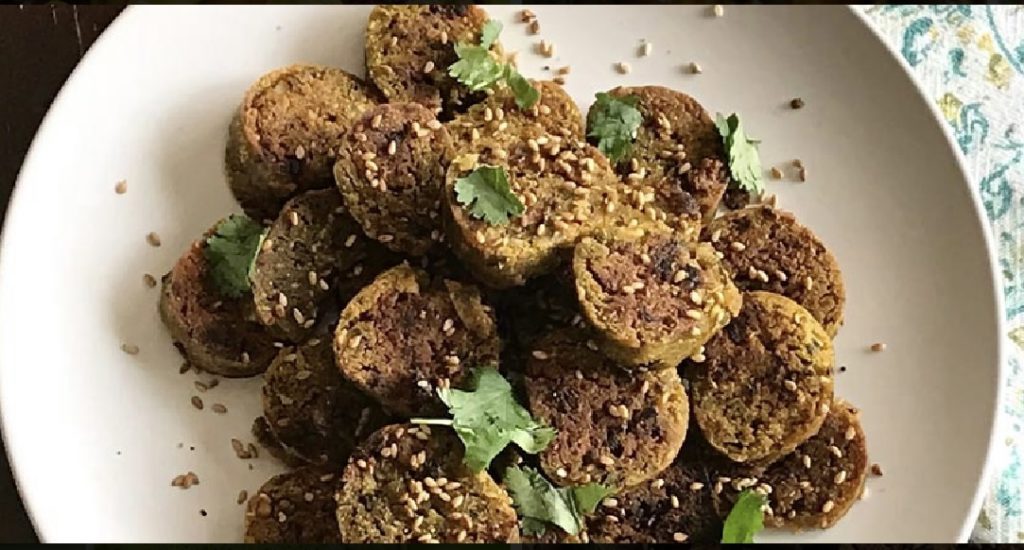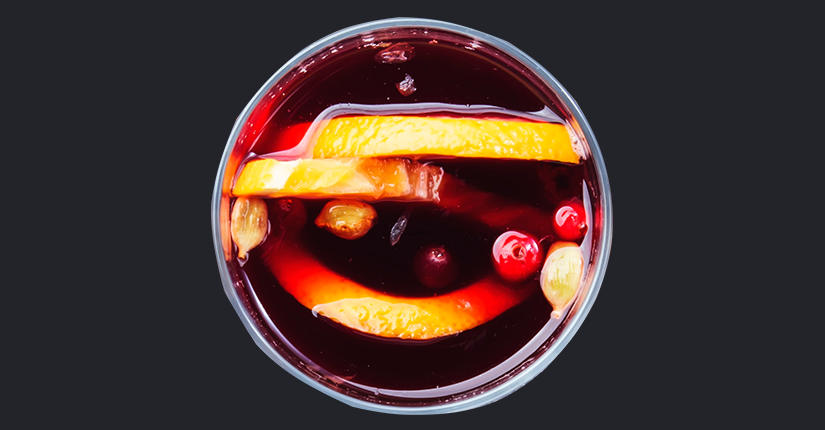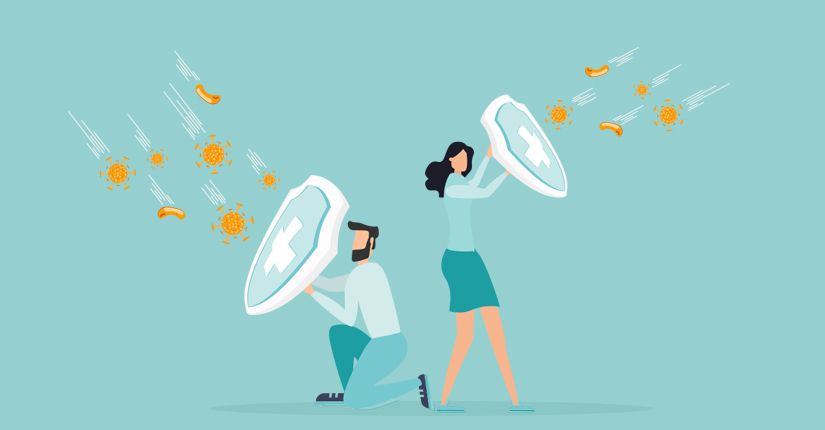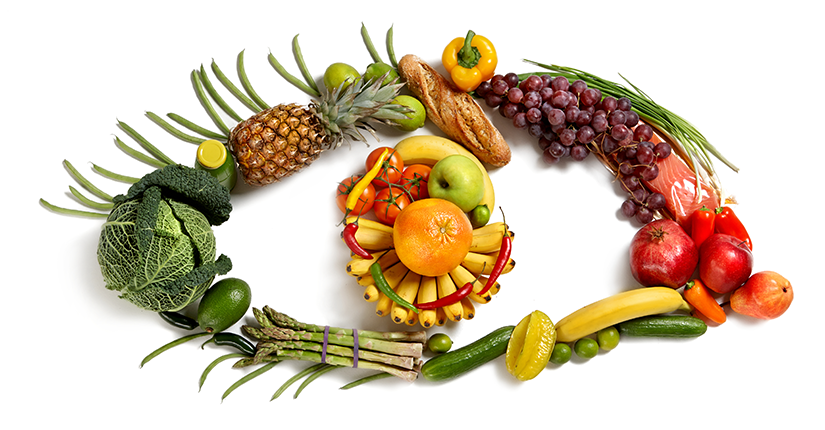Veganism Guide- Know What Supplements You Need
By Nmami Life Editorial 16-Dec 2020 Reading Time: 3 Mins
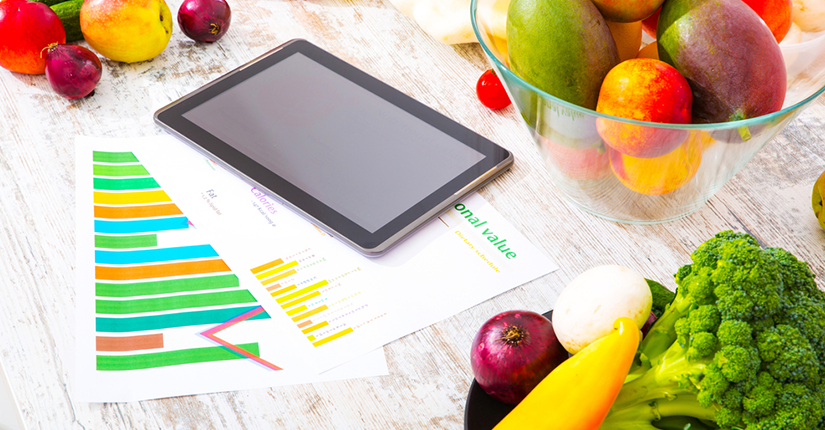
One common concern about vegan diets is whether they provide your body with all the vitamins and minerals it needs. Plant-based whole foods do indeed include all the necessary nutrients, however, the advice to solely be dependent on them might not be a good idea. Here are some nutrients you may be required to take supplements for.
Supplementary nutrients
- Vitamin B12
Several studies show that while anyone can have low vitamin B12 levels, vegetarians and vegans have a higher risk of deficiency. This seems especially true for vegans who are not taking any supplements vitamin B12 is important for many bodily processes, including protein metabolism and the formation of oxygen-transporting red blood cells.B12-fortified foods commonly include plant milk, soy products, breakfast cereals, and nutritional yeast. - Vitamin D
This vitamin also influences many other bodily processes, including immune function, mood, memory, and muscle recovery. Most people likely make enough vitamin D by spending 15 minutes in the midday sun when the sun is strong — as long as they don’t use any sunscreen and expose most of their skin. - Long-chain omega 3 fatty acids
Long-chain omega-3 fatty acids play a structural role in your brain and eyes. Plants with a high ALA (an essential long-chain omega 3 fatty acid) content include flax seeds, chia seeds, walnuts, hemp seeds, and soybeans. Vegans can reach this recommended intake by supplementing with algae oil. - Iodine
Vegans are considered at risk of iodine deficiency. Iodine levels in plant foods depend on the iodine content of the soil in which they were grown. For instance, food grown close to the ocean tends to be higher in iodine. The only foods considered to have consistently high iodine levels are iodized salt, seafood, seaweed, and dairy products. - Iron
Iron can be found in two forms: heme and non-heme. Heme iron is only available from animal products, whereas non-heme iron is found in plants. Vegans with a low iron intake should aim to eat more iron-rich foods, such as cruciferous vegetables, beans, peas, dried fruit, nuts, and seeds.
Over to you
Plant-based whole foods are indeed packed with all the essential nutrients, however, it is not recommended to be dependent solely on that. Some nutrients may not be adequate for the proper development of your body as a vegan and hence supplements are suggested. The above mentioned are 5 important nutrients you may need to take supplements for.

